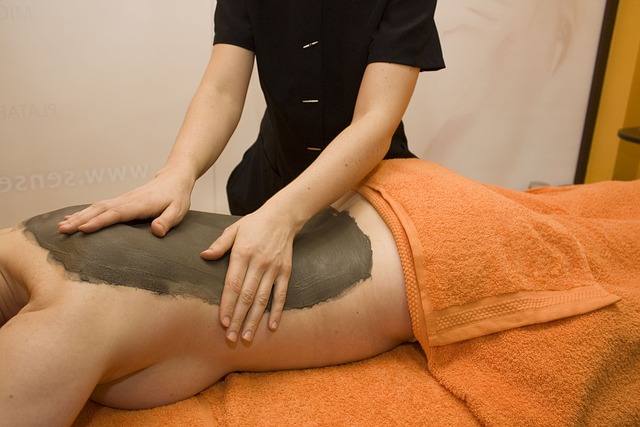# Cold Plunge for Hormonal Balance: Unlocking the Science Behind Cold Therapy and Endocrine Health
The practice of cold plunging—immersing oneself in cold water, often ice-cold, for a short period—has gained attention for its potential to revolutionize hormonal health. This ancient therapy is making a modern comeback as people seek natural ways to optimize their endocrine systems. Scientific research is now backing up what many have anecdotally experienced: regular cold exposure can lead to significant improvements in hormone regulation and overall well-being.
Cold water immersion triggers a cascade of physiological responses, stimulating the release of various hormones. When you enter a cold plunge, your body temperature drops rapidly, which activates the sympathetic nervous system, often known as the ‘fight or flight’ response. This stimulates the production of stress hormones like cortisol and adrenaline. However, repeated cold exposure can lead to a more balanced hormonal state. Over time, the body adapts, reducing excessive cortisol levels and promoting better stress management. Additionally, cold therapy has been shown to increase the production of endorphins, natural mood lifters, contributing to improved mental health alongside hormonal balance.
The Impact of Cold on Hormone Regulation
The impact of cold on hormone regulation is a fascinating aspect of cold therapy’s scientific allure. When the body is exposed to cold, whether through a cold plunge or cold water immersion, it initiates a series of physiological responses designed to maintain internal stability, known as homeostasis. This process involves intricate communication between various hormones, with the hypothalamus playing a central role in triggering the release of stress hormones like cortisol and adrenaline, followed by the activation of the sympathetic nervous system.
Regular exposure to cold water therapy can help modulate these hormonal responses over time. Research suggests that cold plunges may contribute to reducing levels of cortisol, often referred to as the ‘stress hormone’, which is linked to various endocrine dysfunctions. By promoting a balanced hormonal state, cold therapy could be a valuable tool for those seeking optimal endocrine health and overall well-being. Additionally, the cold’s impact on blood flow and circulation further enhances its potential benefits for maintaining hormonal equilibrium.
– Exploring the physiological response to cold exposure.
The physiological response to cold exposure is a fascinating area of study, especially when it comes to its impact on hormonal health. When the body encounters cold temperatures, whether through a cold plunge or cold water therapy, it initiates a cascade of reactions. These include increased heart rate and blood flow to core organs, a process known as vasoconstriction, followed by rapid rewarming which stimulates various endocrine systems. This response triggers the release of stress hormones like cortisol but also has potential benefits for hormone regulation.
Cold therapy, such as cold water immersion, has been shown to reduce levels of cortisol, often referred to as the ‘stress hormone’. By mitigating chronic inflammation and promoting a state of relaxation, cold exposure can help balance the endocrine system. This is particularly beneficial for individuals dealing with hormonal imbalances associated with stress or conditions like thyroid disorders. Incorporating regular cold plunges into one’s routine may offer a natural way to support hormonal health and overall well-being.
– How cold water immersions trigger hormonal changes.
Cold water immersions, such as cold plunges or ice baths, have been shown to trigger a cascade of hormonal changes in the body. When exposed to cold temperatures, the body initiates a stress response, which involves the release of certain hormones like cortisol and adrenaline. This initial reaction prepares the body for potential threats, increasing heart rate and blood flow to core areas. However, over time, regular cold exposure can lead to a downregulation of these stress hormones, resulting in improved stress tolerance and better hormonal balance.
The benefits of cold plunges for endocrine health are well documented. Cold water therapy has been linked to reduced levels of cortisol, often referred to as the “stress hormone.” This reduction is particularly beneficial for individuals dealing with chronic stress or conditions like anxiety and depression, as it can help normalize hormone levels and promote overall well-being. Additionally, cold exposure stimulates the release of endorphins, natural painkillers that contribute to a sense of relaxation and improved mood. Thus, incorporating cold plunges into a wellness routine could be a powerful tool for boosting hormonal balance and enhancing stress management.
